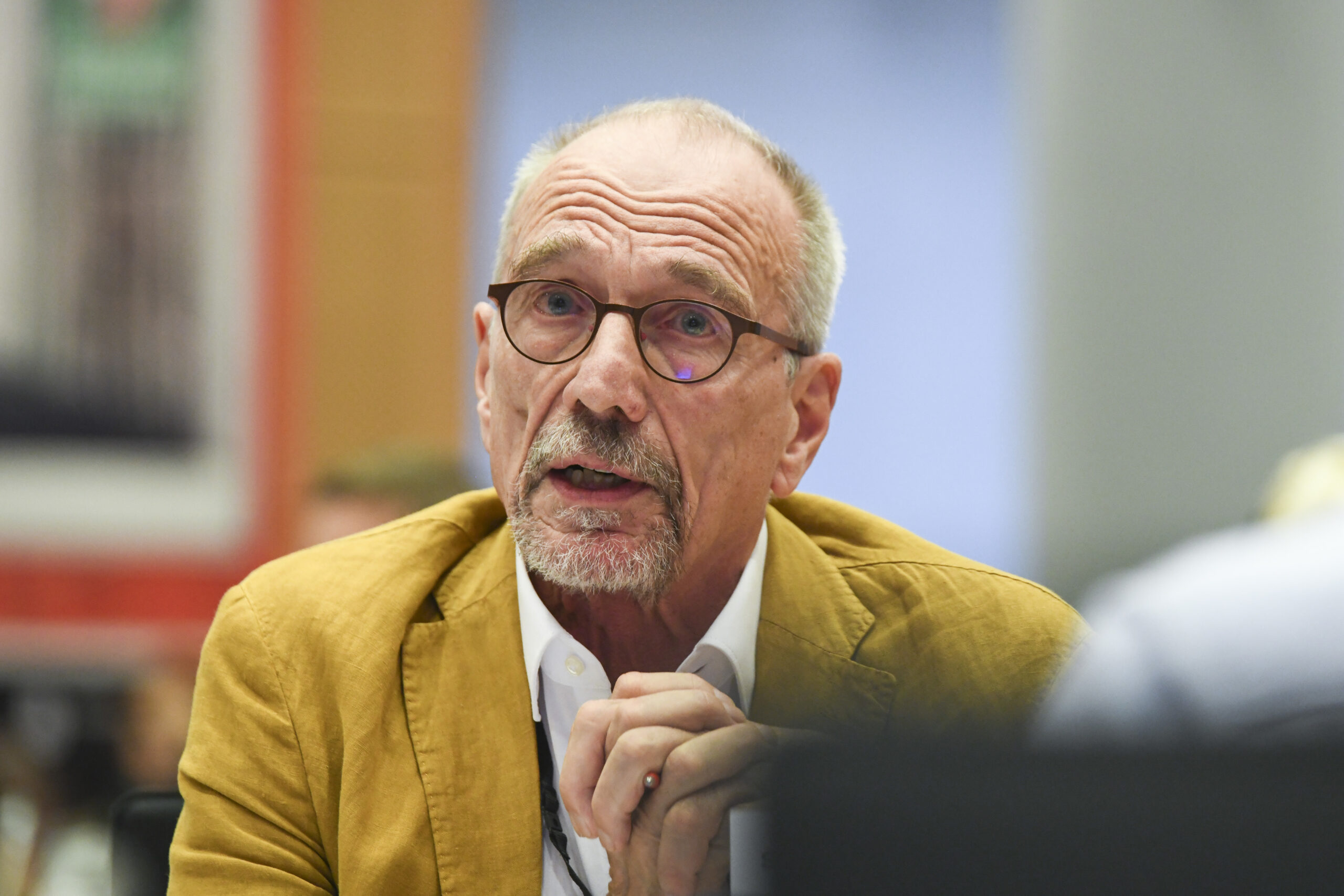The 2022 United Nations Climate Change Conference (COP27) in Sharm el-Sheikh, Egypt, went into significant overtime, finishing on Sunday instead of Friday. Negotiations centred around tricky discussions concerning a loss and damage fund, and the EU’s hesitancy towards the fund has attracted criticism. Nils Torvalds (SFP/Renew), who attended the conference as a member of the European Parliament’s delegation, directs his critique at China for hampering the negotiations.
“China took part in the conference as part of the so-called ‘Group of 77 and China’. G77 was originally an important alliance through which developing countries could carry out trade negotiations. By associating with China and the oil-producing nations around the Persian Gulf, this group has become a major international player. Cooperation in the group is based on avoiding at all costs adopting positions that are uncomfortable for any of its members; this has led to any questions concerning democratic operating rules and human rights being kept right off the agenda. This benefits nobody except China and hinders democratic development in the G77,” Torvalds says.
The world’s largest economy is still counted as a developing country and can therefore avoid both climate and economic responsibility. At the same time it prevents us from achieving a working balance between restorative climate action and preventive adjustment. This is a backwards logic that in the long term scuppers the creation of any proper climate policy,” Torvalds states.
During the conference, the EU presented a proposal regarding a fund that would help the most vulnerable countries with losses and damages. The objective was to get China and the oil producers to contribute to the fund. As a consequence of the unanimity between China and G77,the proposal was rejected and the end result was that the industrialised world continues to account for it by itself, while China and the oil dictatorships can choose to take part on a voluntary basis.
“The EU’s premise was that developed nations should not be the only ones to contribute to the fund, and that highly industrialised countries such as China should shoulder their part of the burden. Instead, the EU was portrayed as the party hindering progress, and China was able to hide behind the front of developing countries and evade responsibility for its growing emissions,” Torvalds says.
“Even NGOs, many of them climate and environment-related, accused the EU of being a spanner in the works during COP27, while continuing to support the standpoint of G77 and China. In doing so, they are not just helping China avoid taking climate action; they are also stopping human rights from becoming an effective tool in international climate policy,” Torvalds emphasises.
“China is playing a two-faced game. Meanwhile, the EU has to respond to criticism about its supposed lack of sympathy. We cannot tackle the climate crisis by turning a blind eye to human rights abuses. Democracy and openness are needed for people to be able to defend their interests,” Torvalds concludes.






